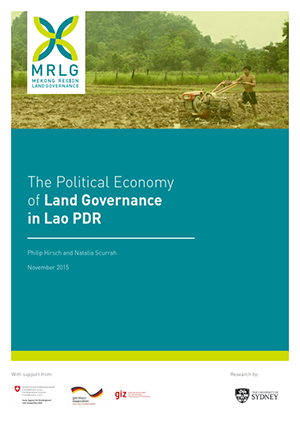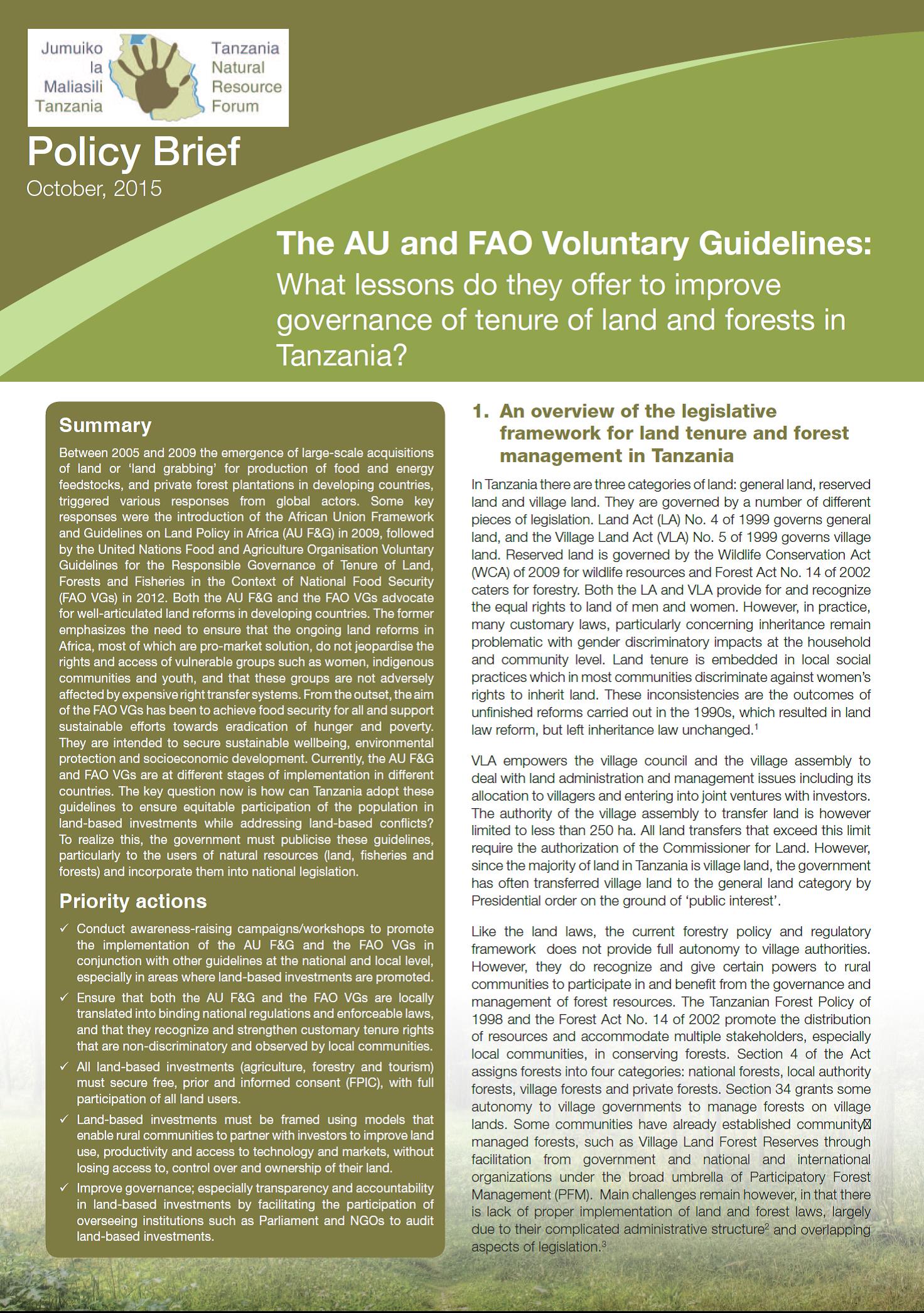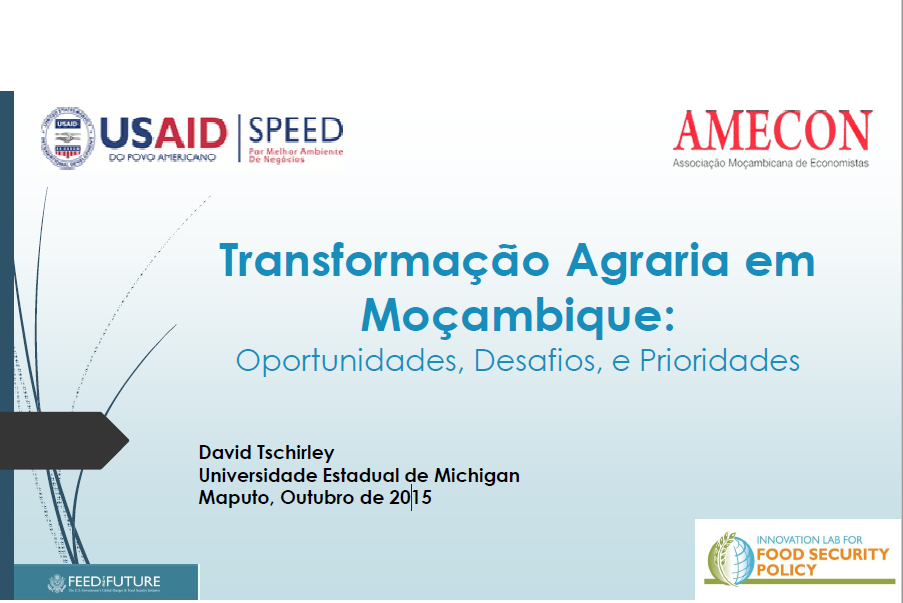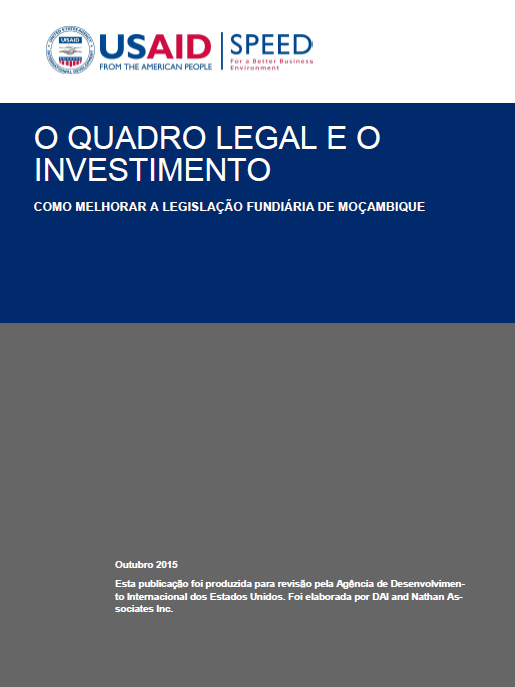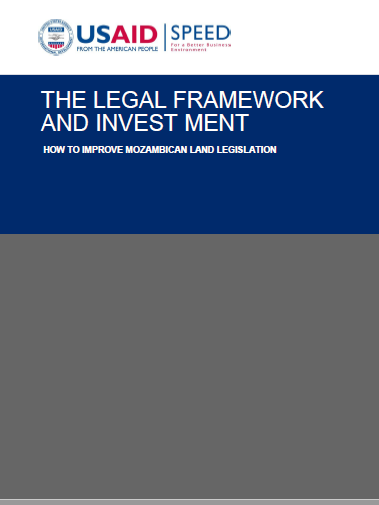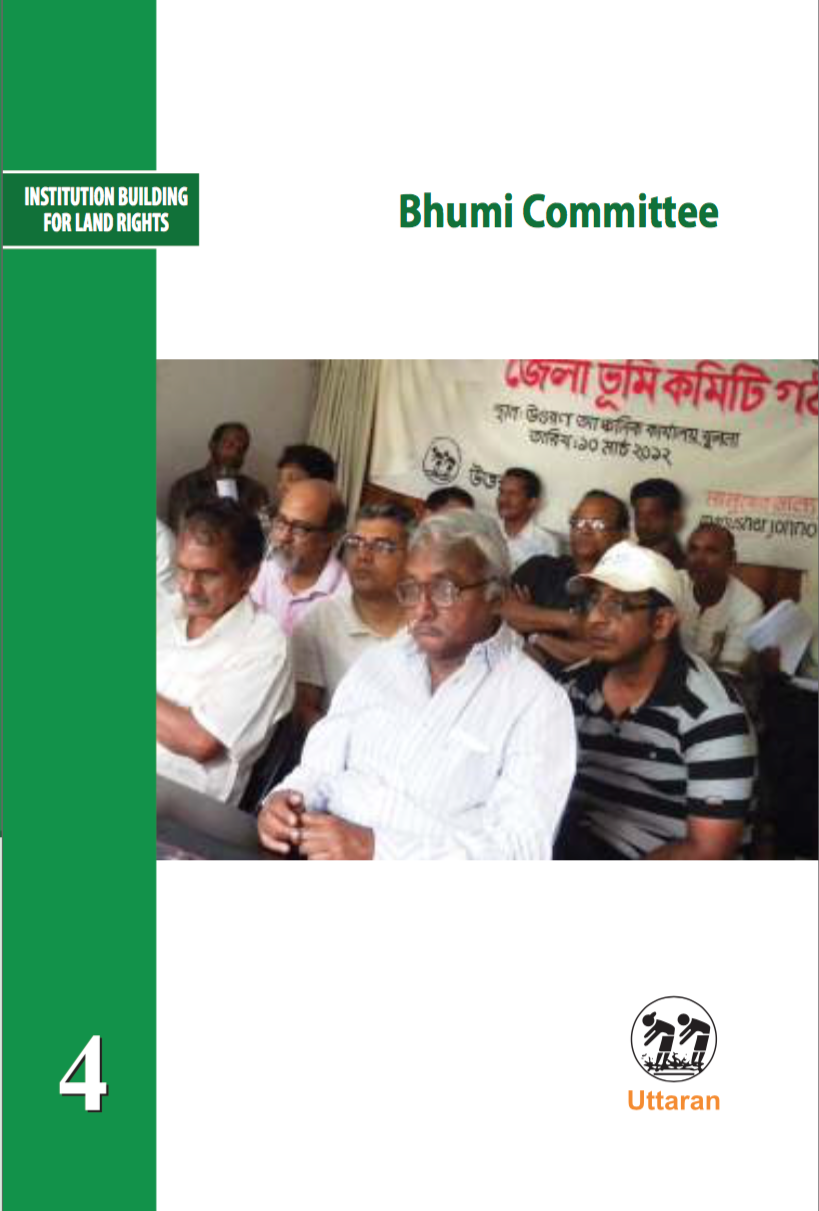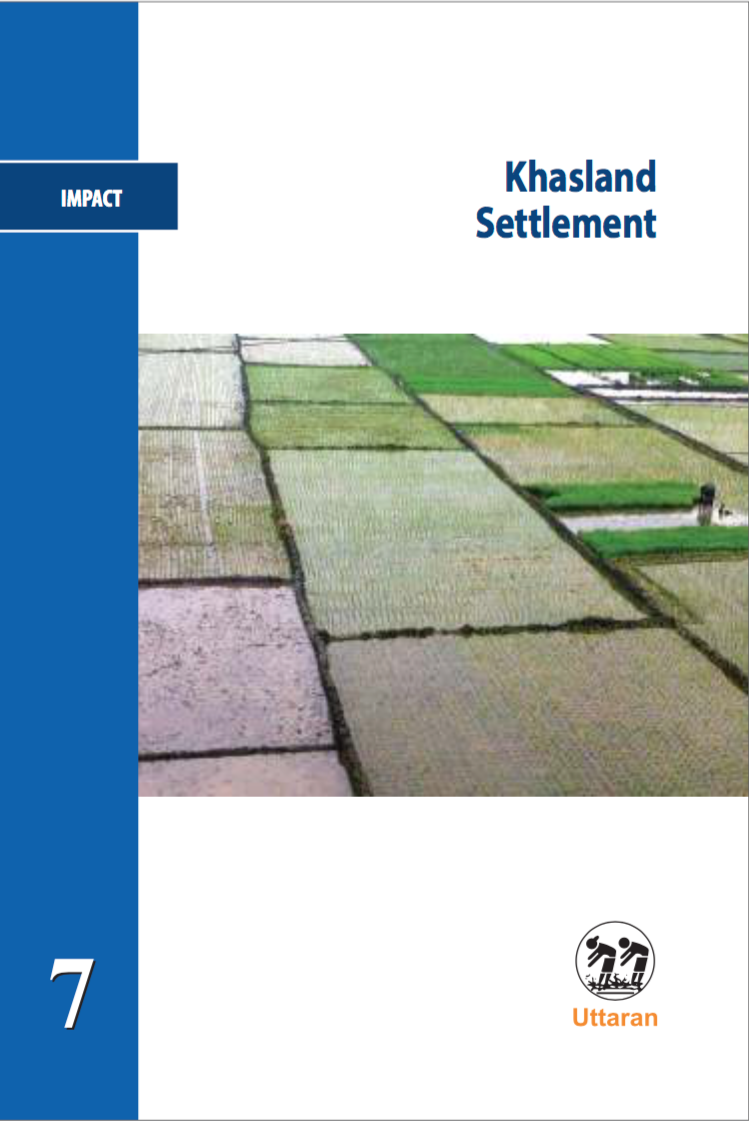The Political Economy of Land Governance in Lao PDR
This country level analysis addresses land governance in Laos in two ways. First, it summarises what the existing body of knowledge tells us about power and configurations that shape access to and exclusion from land, particularly among smallholders, the rural poor, ethnic minorities and women. Second, it draws upon existing literature and expert assessment to provide a preliminary analysis of the openings for and obstacles to land governance reform afforded by the political economic structures and dynamics in the country.

